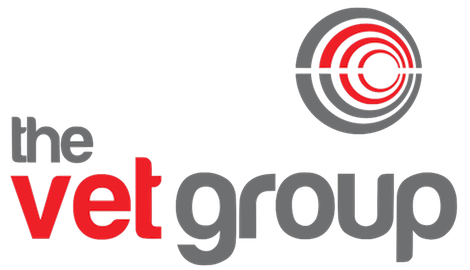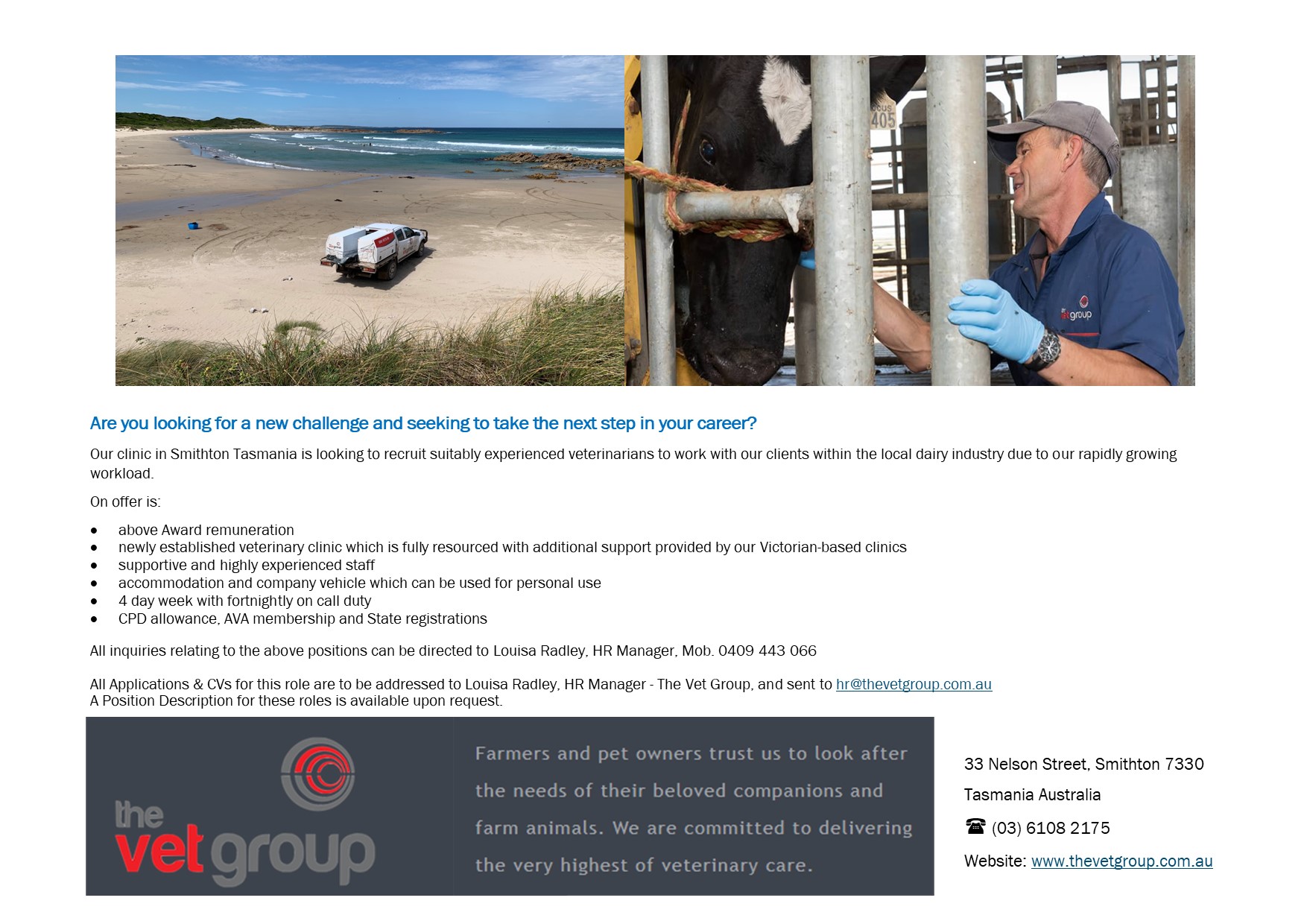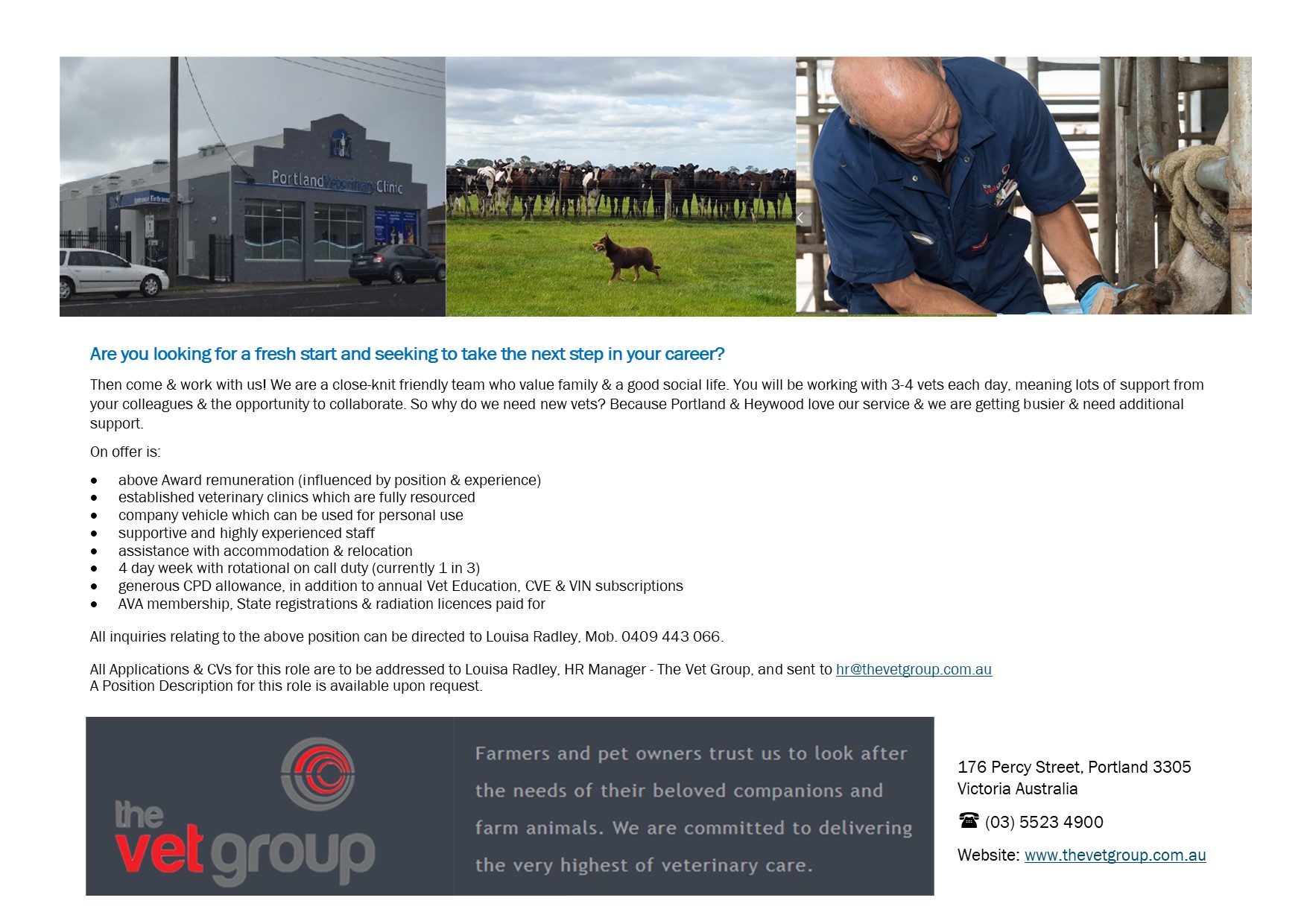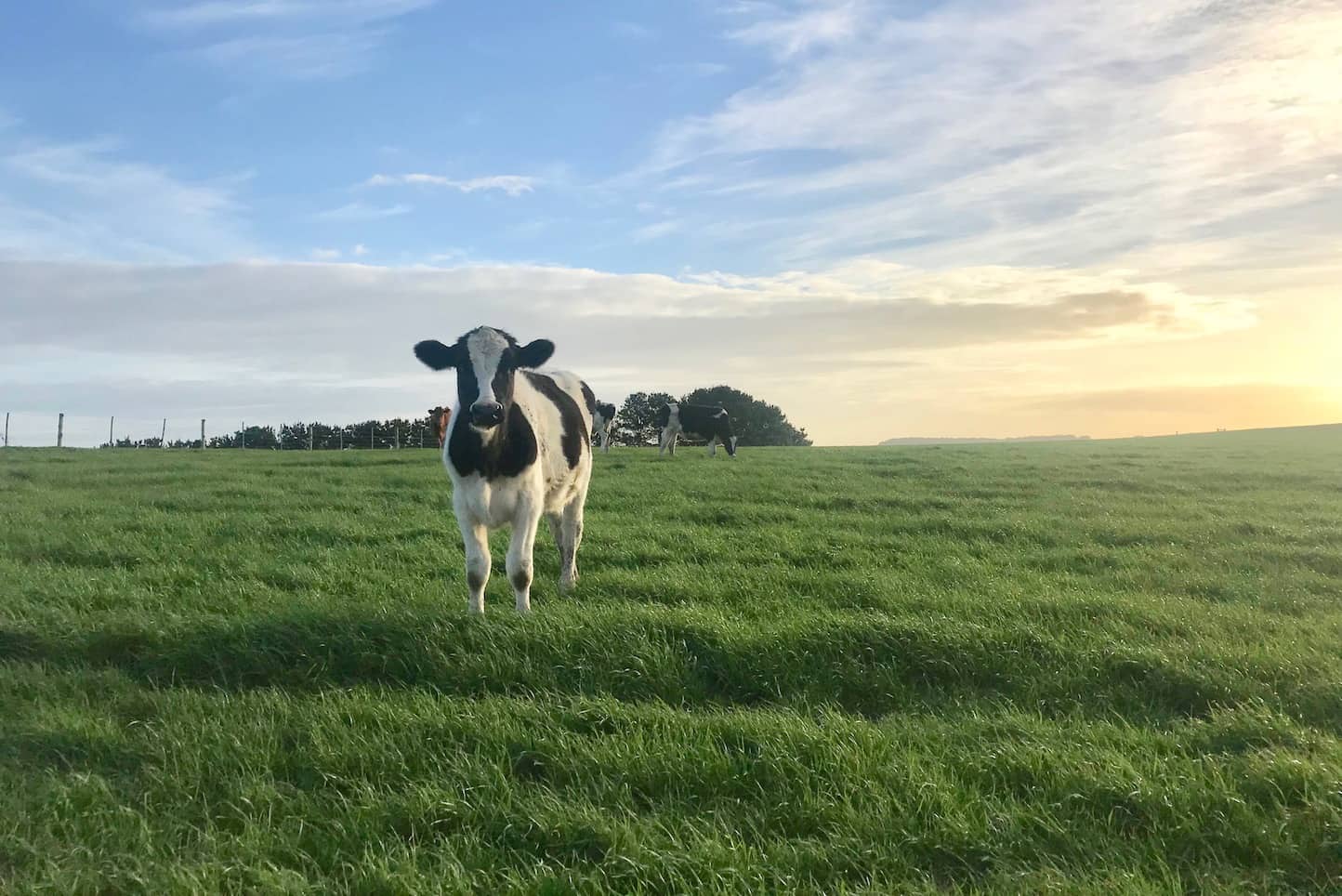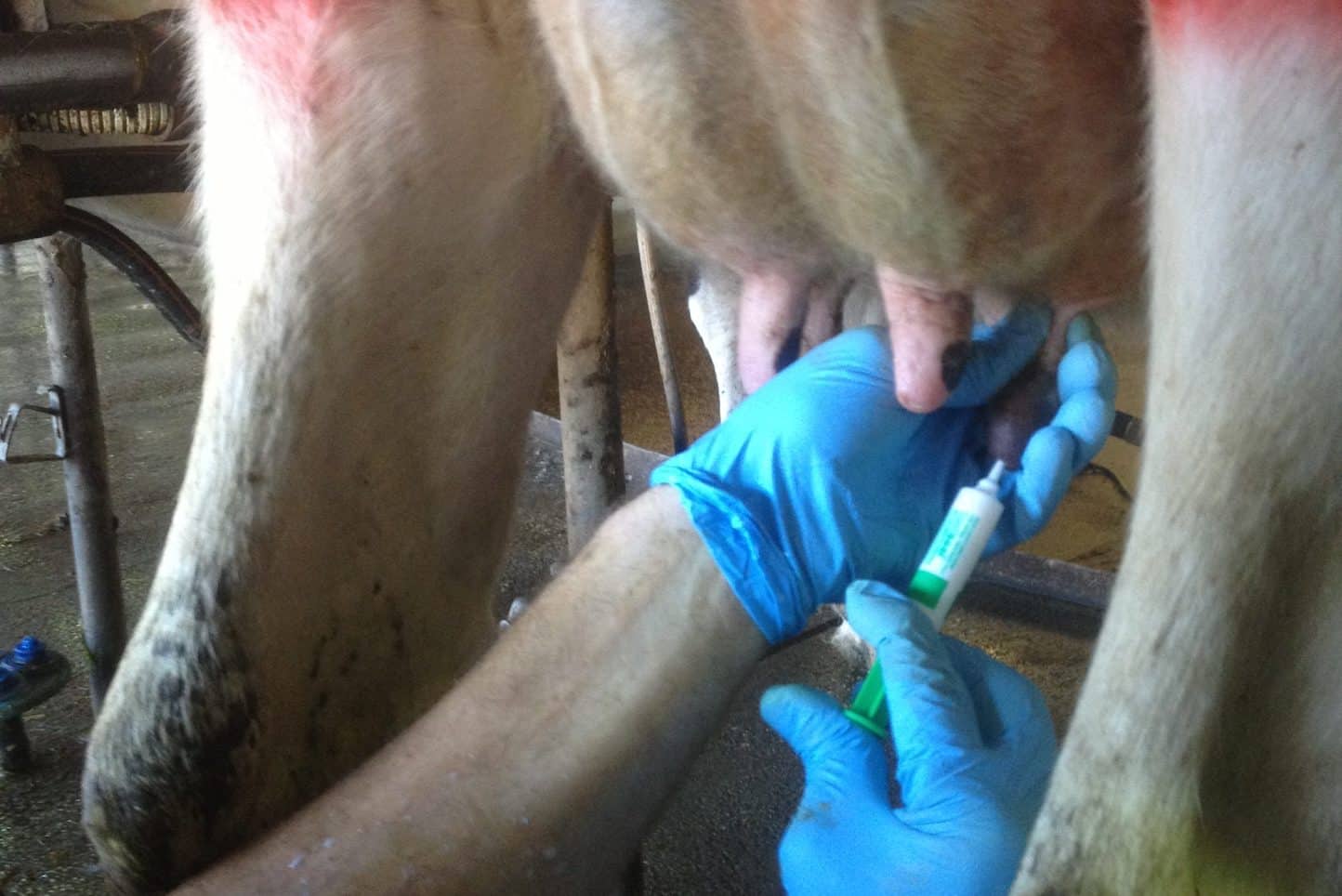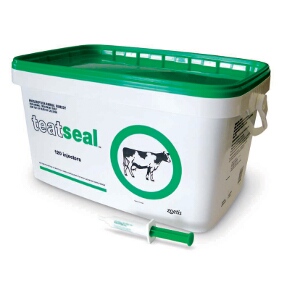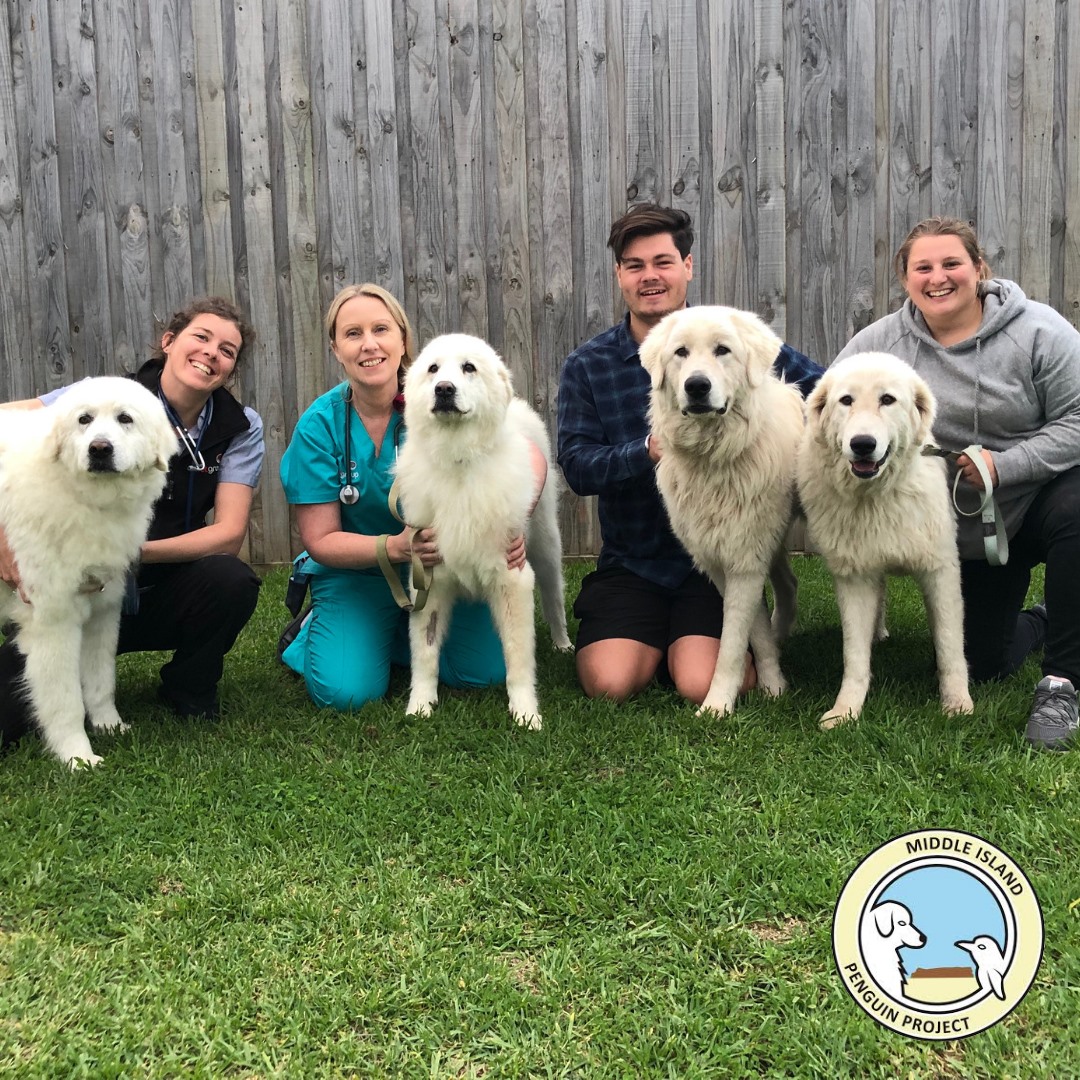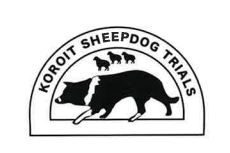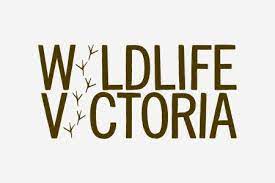by Monica Ryan

For a long time drench resistance was only considered a problem for sheep producers. Recent work on dairy farms in Gippsland and South-West Victoria has shown that resistance in cattle worm species (particularly stomach worm Ostertagia) is common to all classes of anthelmintic products. The study in Maffra dairy farms showed 100% of farms had resistance to Panacur (BZ drenches), 44% resistant to Nilverm (Levamisol drenches) and 33% resistant to mectin (ML drenches). Of greatest concern, the farms with demonstrated resistance to the mectins had resistance to all of the drenches. Given there are no alternative drench products on the market or likely to be in the medium term, these statistics send a clear message to the entire industry that prudent use should be a priority.
Key approaches:
Drench cattle only when they need it.
Before routinely drenching young stock an assessment of faecal egg counts (FEC) will identify whether the herd needs it. Drenching should be done when it will have the most benefit to the herd, and to limit the opportunities for resistance to develop.
Cattle develop immunity to worms.
Cattle develop a strong natural immunity to worms, so it is young stock who are most at risk of worm burdens which cause production losses. Under normal conditions, it is not necessary to routinely drench adults over three years of age. It is a far more effective strategy to assess worm status of your herd prior to drenching, than for drenching to be a strategic annual calendar event.
